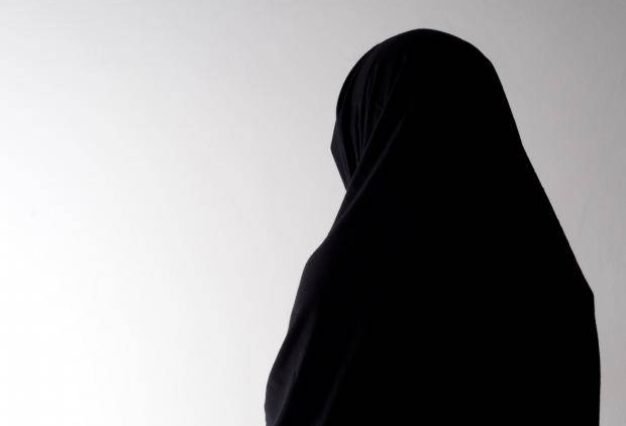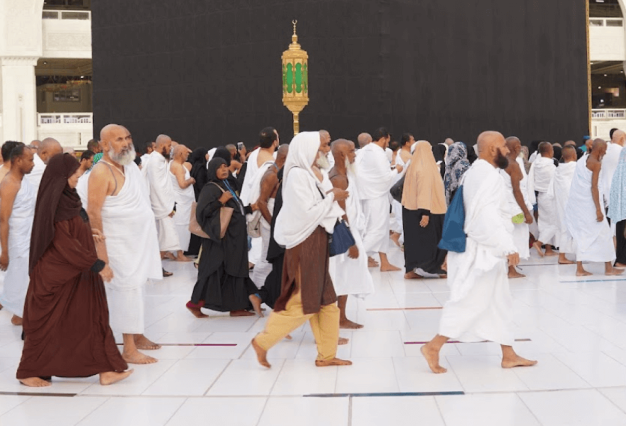Answered by Shaykh Yūsuf Badāt
Question:
Can I donate money to the poor, instead of sacrificing an animal for the ʿEīd Al-Aḍḥā ritual?
Answer:
In the Name of God, Most Merciful, Most Kind
Jazāk Allāh Khayr/ Thank you for contacting Mathābah with your query.
The Qurbānī/ Uḍḥiyyah ritual is an emphasized prophetic practice and an obligation according to muslim jurists. No act can replace or substitute the act of ritual animal sacrifice. The Qurbānī/ Uḍḥiyyah is a devotional act that must be done, in kind, and not by simply donating money.
The correct way to conduct the ritual is to either slaughter an appropriate animal yourself or delegate a friend, relative or trusted organization to carry out the slaughter on your behalf on the days of ʿEīd Al-Aḍḥā. (See: Kitāb Al-Fatāwa Li Al-Raḥmānī)
“Offer prayer to your Lord and sacrifice [animals].” – (Qur’ān 108:2)
“The Messenger of God (peace and blessings upon him) resided in Madīnah for ten years. He rendered the Udḥiyyah (ritual animal sacrifice) every year.” – (Musnad Aḥmad)
“God’s Messenger (peace and blessings upon him) sacrificed with his own hands two horned rams.” (Ṣaḥīḥ Muslim)
“The Prophet (peace and blessings upon him) slaughtered sixty-three camels with his own hands, and ‘Ali (may God be pleased with him) slaughtered the rest on behalf of the Prophet.” (Ibn Mājah)
Making Up for a Missed Qurbānī
If one, out of negligence and or tardiness was not able to conduct or arrange for a Qurbānī/ Uḍḥiyyah during the three days of ʿEīd Al-Aḍḥā, then they can make up for the missed obligation by either arranging for an animal slaughter or by giving the amount to the poor. It is important to note that in the situation where Qurbānī was missed, the make up animal can only be consumed by the poor. (See: Fatḥ Al-Qadīr, Al-Badāiʾ Al-Ṣanāiʾ)
“The Messenger of God (peace and blessings upon him) forbade [slaughtering for ʿEīd Al-Aḍḥā, thereafter] eating sacrificial animals after three days [the ayyām al-tashrīq].” – (Ṣaḥīḥ Muslim)
And Allāh Knows Best




